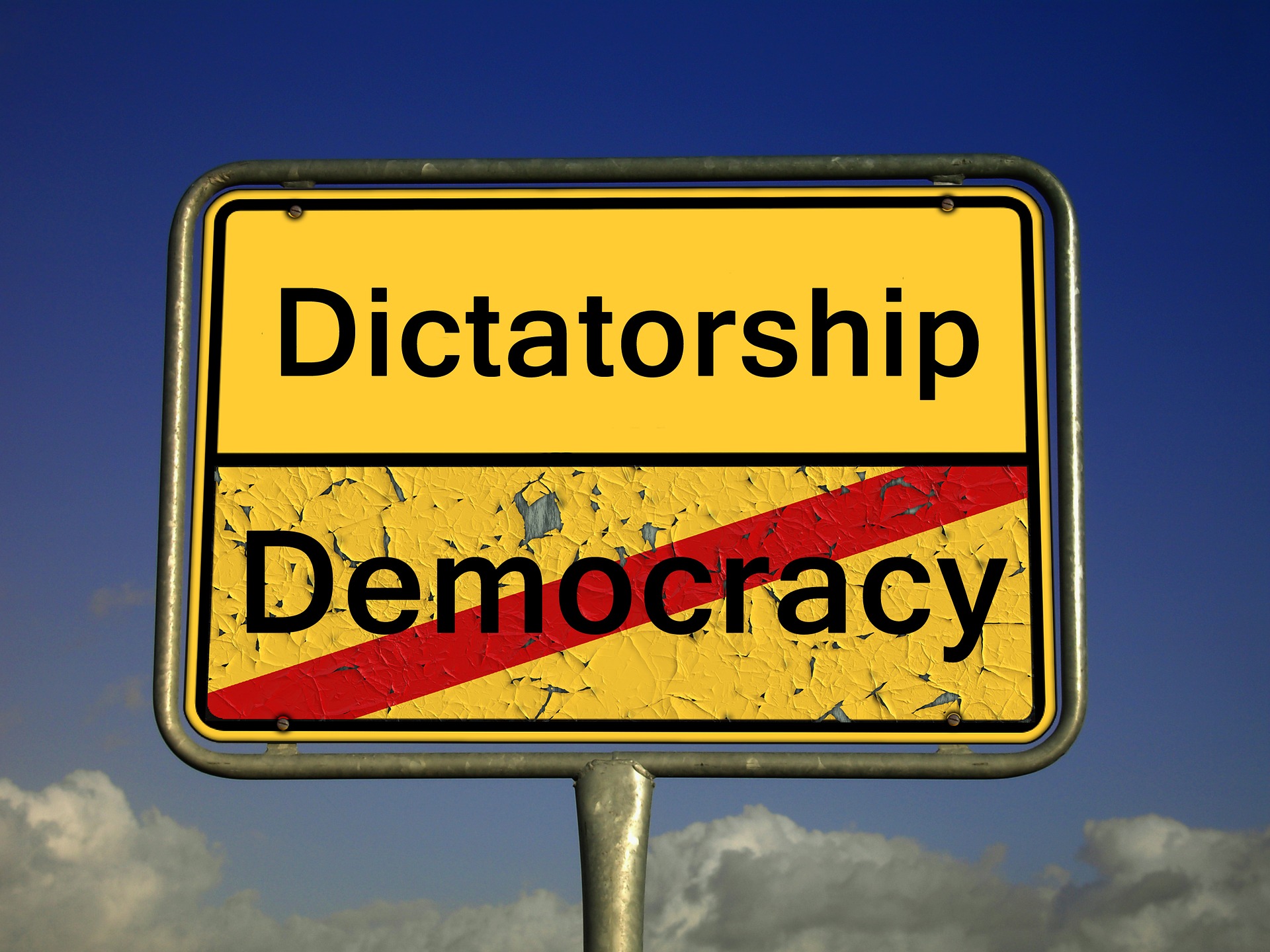Democracy is more than just a system of governance—it’s a journey toward collective empowerment, dialogue, and shared responsibility. In a democratic society, every voice counts, and the power truly rests with the people. This post explores the fundamental aspects of democracy, its evolution, and the challenges and opportunities it presents in our modern world.
What Is Democracy?
At its core, democracy is a political system where the citizens exercise power directly or through elected representatives. It is built on the principles of fairness, accountability, and the protection of individual rights. Democracies encourage participation, debate, and a free exchange of ideas, paving the way for policies that reflect the will of the people.
The Evolution of Democratic Ideals
- Historical Roots:
The concept of democracy dates back to ancient civilizations, most notably in Athens, where citizens gathered to discuss and decide on matters of state. Over the centuries, these early ideas evolved and spread, influencing modern democratic practices around the globe. - Modern Adaptations:
Today, democracy encompasses a broad spectrum of practices—from participatory democracy, where direct citizen involvement is emphasized, to representative democracy, which relies on elected officials to act on behalf of their constituents. Both forms aim to achieve a government that is transparent, accountable, and responsive to the needs of its people.
Key Pillars of a Successful Democracy
- Free and Fair Elections:
Regular, transparent elections are the cornerstone of democracy, ensuring that leaders are chosen by popular mandate and can be held accountable for their actions. - Rule of Law:
A robust legal framework that applies equally to all citizens is essential. The rule of law ensures that governmental power is exercised within a framework of rules and that individual rights are protected. - Active Citizen Participation:
Empowering citizens to be involved in civic life, from voting in elections to engaging in public debates, strengthens the democratic process and fosters a sense of community and shared responsibility. - Freedom of Expression:
Democracy thrives on open dialogue and the free exchange of ideas. Protecting freedom of speech and the press is crucial for a vibrant, dynamic society.
Challenges and the Future of Democracy
In the 21st century, democracies face unprecedented challenges. Globalization, digital transformation, and economic inequality have reshaped societies in ways that can both support and threaten democratic ideals. Ensuring that all voices are heard—and that democracy evolves to meet modern challenges—requires constant vigilance and adaptation.
- Digital Age Dilemmas:
While the internet has democratized access to information and facilitated civic engagement, it has also introduced concerns about misinformation, cyber interference, and data privacy. - Economic and Social Inequality:
Addressing disparities in wealth, education, and opportunity is critical to ensuring that democracy remains inclusive and representative of all segments of society.
Conclusion
Democracy is a living, evolving concept that relies on the active engagement and empowerment of every citizen. As we navigate the complexities of modern society, the ongoing commitment to democratic values—transparency, participation, and justice—will be the key to ensuring a fairer, more equitable future. The quest for a true and resilient democracy is a continuous journey, one that invites all of us to contribute to the shaping of our shared future.
“The best argument against democracy is a five-minute conversation with the average voter.” – Winston Churchill
(While Churchill’s wit underscores ongoing debates about democratic efficacy, it is the continuous pursuit of improvement that sustains democracy.)
This exploration of democracy invites readers to reflect on what it means to be part of a community where every voice matters, and to consider how individual actions contribute to collective change.
2/2

